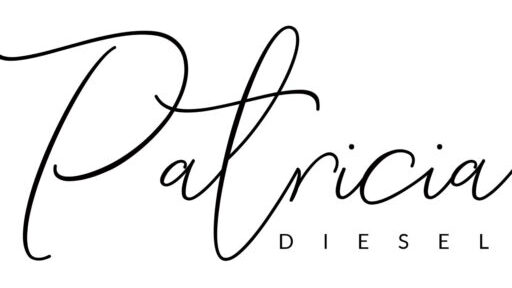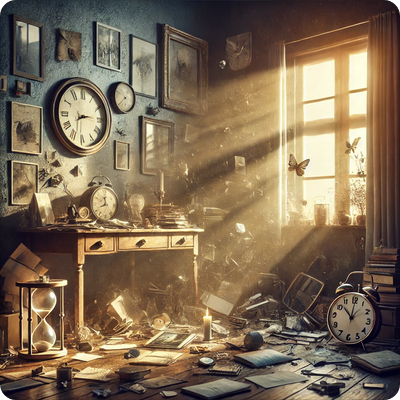In my 20 years as a professional organizer and life coach, I understand that clutter isn’t just about things; it’s often the physical manifestation of unresolved emotional wounds. My book, P.O. Confidential: Untold Stories from a Professional Organizer, sheds light on the deeply personal journeys of individuals grappling with challenges that extend far beyond the physical realm.
Take Fiona, for instance. On the surface, Fiona was a hoarder, her apartment filled with an overwhelming collection of items that made daily life nearly unmanageable. But the truth ran much deeper. Fiona’s clutter was rooted in unresolved grief and past traumas that she couldn’t face, let alone overcome. Years of loss had eroded her trust in others, leaving her emotionally and physically isolated.
For Fiona, the act of hoarding wasn’t about materialism—it was about safety, control, and a desperate attempt to hold onto a sense of stability. Her inability to part with objects mirrored her struggle to let go of pain and fear. Despite her awareness of the chaos around her, she couldn’t move forward without addressing the emotional wounds that had become intertwined with her possessions.
Stories like Fiona’s are not uncommon. In fact, they serve as a poignant reminder of how deeply our mental health is connected to our physical environments. Clutter, in its most extreme forms, is rarely a simple organizational issue. It’s a psychological one, often tied to trauma, grief, or even undiagnosed mental health conditions.
In sharing Fiona’s story and others like it, my goal isn’t just to document these experiences but to challenge the stigma surrounding hoarding and chronic disorganization. These are not character flaws—they are cries for help, windows into unresolved emotional turmoil that require compassion, understanding, and often professional intervention.
Professionals in the mental health community play a vital role in helping individuals like Fiona address the deeper causes of their struggles. By combining compassionate support with practical solutions, we can empower those who feel trapped—whether by their possessions or their emotions—to reclaim their lives.
P.O. Confidential is more than a book; it’s a call to action. It’s a bridge between the physical and the emotional, a testament to the resilience of the human spirit, and a resource for those navigating the complex relationship between mental health and our environments.
I invite us all to start this conversation. Let’s explore how we can better understand and support those living at the intersection of trauma and clutter. Through compassion and collaboration, we can help individuals like Fiona move beyond survival and begin to thrive.



